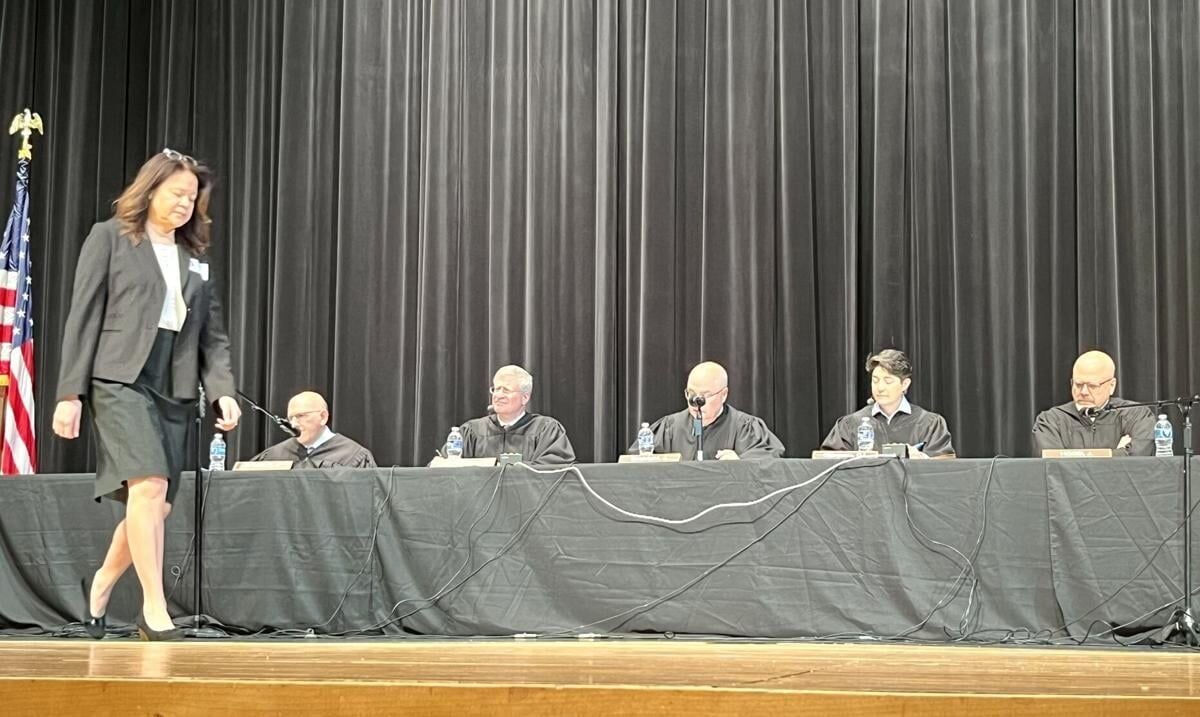Colorado Supreme Court to address validity of plaintiff’s waiver for snowboarding injuries

Colorado Politics
The Colorado Supreme Court announced on Monday that it will decide whether a man injured while snowboarding may proceed with his lawsuit, despite a series of waivers — including one he signed years after his accident — releasing the resort from liability.
At least three of the court’s seven members must agree to hear a case on appeal.
John Litterer of Texas was snowboarding at Breckenridge Ski Resort in December 2020 when he collided with an employee operating a snowmobile. In May 2022, Litterer filed suit against the employee and Vail Summit Resorts, Inc., raising negligence and other claims.
Last year, Summit County District Court Judge Reed W. Owens resolved the case in the defendants’ favor without a trial. He noted that when Litterer bought his Epic Pass in 2020, there was a waiver of liability requiring the customer to assume all risks related to snowboarding. Those specifically included “collisions with … snowmobiles.”
Further, the separate pass Litterer received to access the chair lift reiterated that he was assuming all risks, and that snowmobiles may be “encountered at any time.”
Finally, after Litterer filed his negligence lawsuit, he bought another Epic Pass in 2022 in which he agreed to “GIVE UP AND RELEASE ANY AND ALL CLAIMS AND RIGHTS I MAY NOW HAVE” resulting from “ANYTHING WHICH HAS HAPPENED UP TO NOW.”
“The Court finds the exculpatory agreements contain clear and unambiguous language: the holder of the Epic Pass assumes all risks of snowboarding, including any physical injuries arising from a collision with a snowmobile or the negligent conduct of” an employee, wrote Owens.
He added that few prior court cases addressed Litterer’s situation, where he seemingly waived his existing claims after the accident by buying a new pass. But Owens concluded Litterer’s purchase of the 2022 Epic Pass did, in fact, result in a surrender of his right to sue.
In January, a three-judge Court of Appeals panel agreed that, regardless of Litterer’s understanding of the release, his 2022 Epic Pass barred the claims related to his 2020 injuries.
“Absent an assertion of fraud, a party who signs a contract is presumed to know its contents and is bound by all the conditions within the contract, even if the party did not read the contract,” wrote Judge Pax L. Moultrie.
She added that the appellate panel did not need to address Litterer’s reliance on a 2024 Supreme Court decision finding a ski operator’s “statutory and regulatory duties” meant an injured skier could not waive her right to sue.
Litterer appealed to the Supreme Court, arguing no appellate decision had analyzed whether he could release all claims from his accident by agreeing to a later set of terms and conditions.
“The Court of Appeals and District Court chose the harshest, most unreasonable result possible: complete dismissal of Plaintiff’s case because he purchased a ski pass,” wrote his attorneys.
“The petition presents a clear case of litigant’s remorse,” countered the defendants in urging the court to decline the case.
The Supreme Court agreed to review whether Litterer waived his claims from 2020 by signing the 2022 release. The justices will also address whether Litterer should still be allowed to seek certain types of damages and whether their prior ski injury ruling was relevant to Litterer’s appeal.






